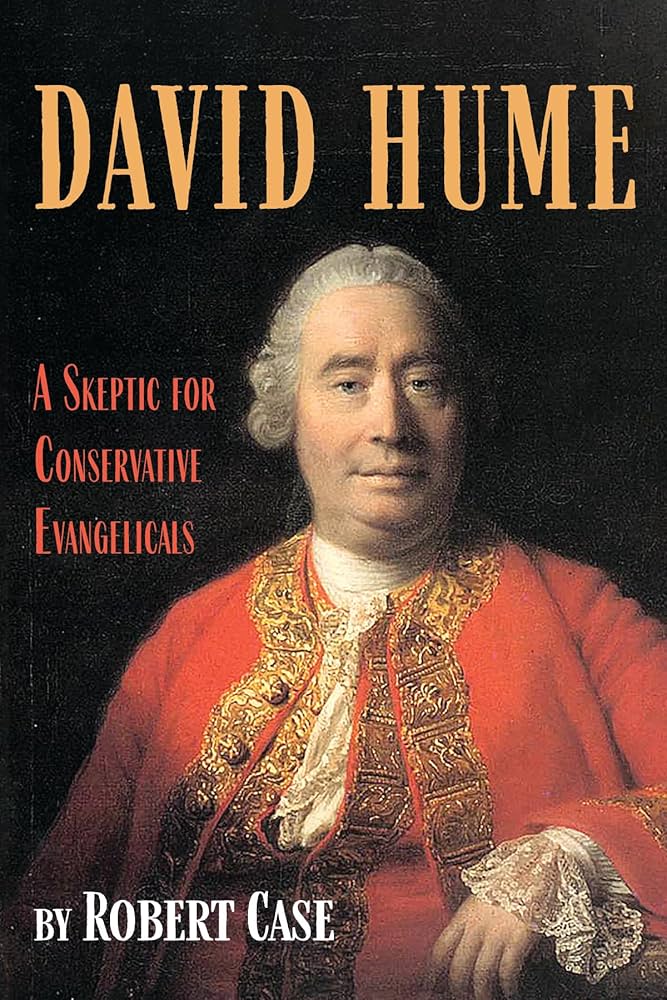David Hume. Skepticism

A skeptic sooner or later proves to be right, because by doubting everything, they never accept anything on faith. This makes them truly intellectually invulnerable.
In a world where nothing is absolutely certain, skeptics always win. Simply because they do not play by obvious rules, as they are not convinced those rules are indeed obvious or worth following.
It is especially important to verify the validity of methodology—it must be transparent and reproducible. The sample must be representative, and statistical methods must be properly chosen.
Empiricism, which David Hume defended, asserts that all knowledge comes from experience, not from innate ideas or rational intuitions. The concept of innate knowledge, which gained popularity through experiments with infants showing basic knowledge, such as an understanding of gravity and counting, rather complements Hume's empiricism than refutes it.
David Hume wrote that when a person is born blind or deaf, not only are impressions lost, but so are the corresponding ideas, leaving no trace of either in the mind.
Hume believed that our understanding of causality is based on the repetition of events and the expectation that the future will resemble the past. We cannot observe causality directly; we only see sequences of events and infer a connection between them. Our notions of causality are based on the effect of repetition.
David Hume wrote that philosophy is always divided into speculative and practical, and since morality belongs to the latter category, it is believed to influence our passions and actions, going beyond the calm, lazy judgments of reason.
The problem of induction, as formulated by Hume, is that inductive conclusions cannot be logically justified, as they assume that the future will resemble the past. Although we draw conclusions based on observation and experience, these conclusions are not logically grounded and cannot be reliably predicted.
The tendency toward inductive reasoning, despite its logical uncertainty, can be explained as an adaptive strategy that helped our ancestors make quick decisions based on limited information, increasing their chances of survival in complex and unpredictable situations.
Some of our habits were useful in the past but may now lead to undesirable outcomes:
- confirmation bias
- illusory correlation
Hume criticized religion for being based on tradition and authority rather than evidence.
Hume's Guillotine, also known as the "Is-Ought" problem, involves distinguishing between descriptive statements about what is and prescriptive statements about what ought to be. You cannot logically derive an "ought" from an "is."